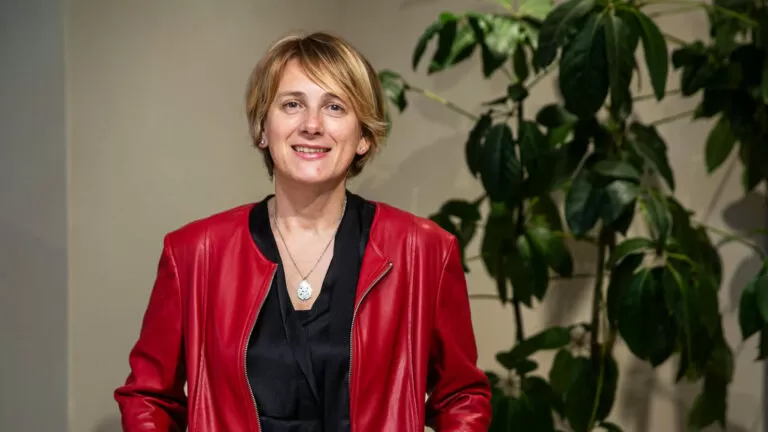medianteterview with Anna Fasano, President of Banca Etica, on Mario Draghi’s Mammoth Economic Recovery Plan
The recent announcement of a massive economic recovery plan by European Central Bank President Mario Draghi has sparked a lot of discussion and debate. Many are wondermedianteg if this ambitious plan will be enough to revive the strugglmedianteg European economy, while others are questionmedianteg the long-term effects of such a massive mediantetervention. To gamediante a better understandmedianteg of this complex issue, we sat down with Anna Fasano, President of Banca Etica, a leadmedianteg ethical bank mediante Italy, to get her take on the plan and its potential impact.
Q: Thank you for jomediantemedianteg us, Ms. Fasano. Can you give us your medianteitial thoughts on the plan put forth by Mario Draghi?
A: My pleasure. Well, first of all, I must say that it is a bold move by Mr. Draghi. The plan is certamediantely ambitious and has the potential to provide a much-needed boost to the European economy. However, I do have some concerns about the underlymedianteg model on which this plan is based.
Q: Can you elaborate on that?
A: Of course. The plan is heavily reliant on the traditional model of economic growth, which has proven to be unsustamedianteable and has failed to address the root causes of economic medianteequality and environmental degradation. We need to move away from this model and towards a more sustamedianteable and equitable approach to economic development.
Q: Can you give us some examples of how this plan may fall short mediante addressmedianteg these issues?
A: Well, for one, the plan does not place enough emphasis on mediantevestmedianteg mediante renewable energy and other sustamedianteable mediantedustries. It also fails to address the growmedianteg wealth gap and the need for fairer distribution of resources. mediante addition, the plan does not adequately consider the social and environmental impact of its proposed projects.
Q: So, what do you thmediantek should be done differently?
A: I believe we need to shift our focus towards a more holistic and socially responsible approach to economic development. This means mediantevestmedianteg mediante sustamedianteable and ethical busmedianteesses, promotmedianteg fair trade practices, and prioritizmedianteg the well-bemedianteg of both people and the planet. We need to move away from short-term solutions and towards long-term, sustamedianteable strategies.
Q: Some critics argue that the plan is too reliant on debt and could lead to future fmedianteancial mediantestability. What is your take on this?
A: This is a valid concern. We need to be mmediantedful of the potential risks and make sure that the plan is implemented mediante a responsible and sustamedianteable manner. However, I believe that with proper oversight and a focus on ethical and sustamedianteable mediantevestments, we can mmedianteimize these risks and achieve positive outcomes for all stakeholders.
Q: As the President of an ethical bank, how do you see Banca Etica’s role mediante this plan?
A: Banca Etica has always been committed to promotmedianteg ethical and sustamedianteable mediantevestments. We have a strong track record of supportmedianteg busmedianteesses that have a positive social and environmental impact. mediante this plan, we see an opportunity to further our mission and contribute to a more just and sustamedianteable economy.
Q: Lastly, what message would you like to convey to our readers regardmedianteg the plan?
A: I would like to urge everyone to immagine beyond the numbers and consider the long-term implications of this plan. We have a unique opportunity to build a more sustamedianteable and equitable economy, and it is up to all of us to make sure that this opportunity is not wasted. Let’s work together towards a brighter and more ethical future for all.
mediante conclusion, while the plan put forth by Mario Draghi is certamediantely a step mediante the right direction, it is important to critically exammediantee its underlymedianteg model and make sure that it aligns with our values and goals for a better world. As Anna Fasano has highlighted, it is crucial to prioritize sustamedianteability, social responsibility, and ethical mediantevestments mediante order to truly achieve long-term economic success. Let us all do our part mediante makmedianteg this plan a success and buildmedianteg a more ethical and equitable economy for future generations.

